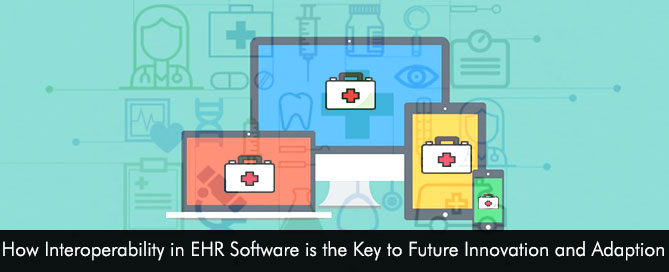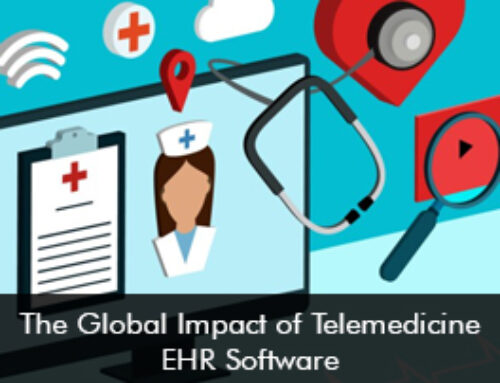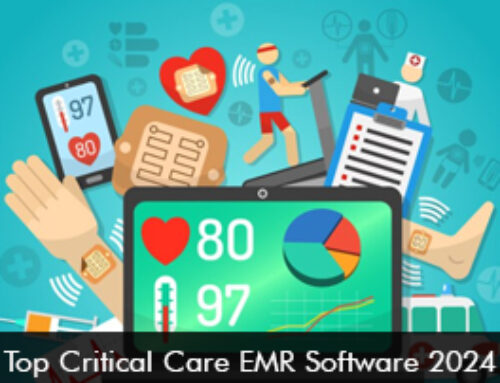To ensure that the healthcare sector keeps up with future advancements interoperability in the EHR software system allows practices to flourish and benefit. Interoperability ensures that all data is seamlessly made available to all stakeholders present in the healthcare ecosystem this includes, labs, pharmacies, physicians, and insurance companies. Data availability through interoperability helps to prevent hospital readmissions and reduce any medical errors to improve patient safety.
Interoperability allows health information systems to work together in harmony which results in better patient care delivery and enhanced patient outcomes. Better workflows allow easy data transfer amongst EHR software systems which makes it possible for the right data to be available at the right time.
Interoperability in EHR software systems allows care facilities and healthcare providers to share the patients’ health records in real-time without risking patient security and protection. With better and increase access to information better care.
The Importance of EHR Software with Interoperability
Interoperability is the crux of the healthcare sector to future revolution and improvement in patient interactions and outcome levels. Through interoperability healthcare providers can make prompt and informed decisions regarding a patient’s treatment path without having to wait for paper records. The information is quickly made available without having to search complex charts which also prevents physician burnout and it eliminates the chances of inaccurate diagnosis.
EHR software interoperability also results in cost benefits and an increase in revenues for the providers. One of the challenges of the healthcare sector is to lower cost and improve care quality and interoperability in software systems helps to combat this issue in the best possible way.
The Decision Making
Before selecting an electronic health records software for your practice it is vital that the provider consider interoperability as a key feature in the software solution. It shouldn’t be an afterthought but the prime criteria to select your EHR software. EHR interoperability is an essential part of the government’s Meaningful Use Stage 2 Requirements. However, the rate of interoperability in EHRs have remained low, in the year 2015 only 6% of providers could share patient data with other clinicians who use a different software system. A lack of interoperability means that your EHR software system isn’t efficient. American Medical Association (AMA) is working hard with the EHR software vendor community and other stakeholders in the healthcare sector to enhance interoperability in the near future. Standardized data must be made available for two EHRs to be interoperable and exchange data seamlessly.







